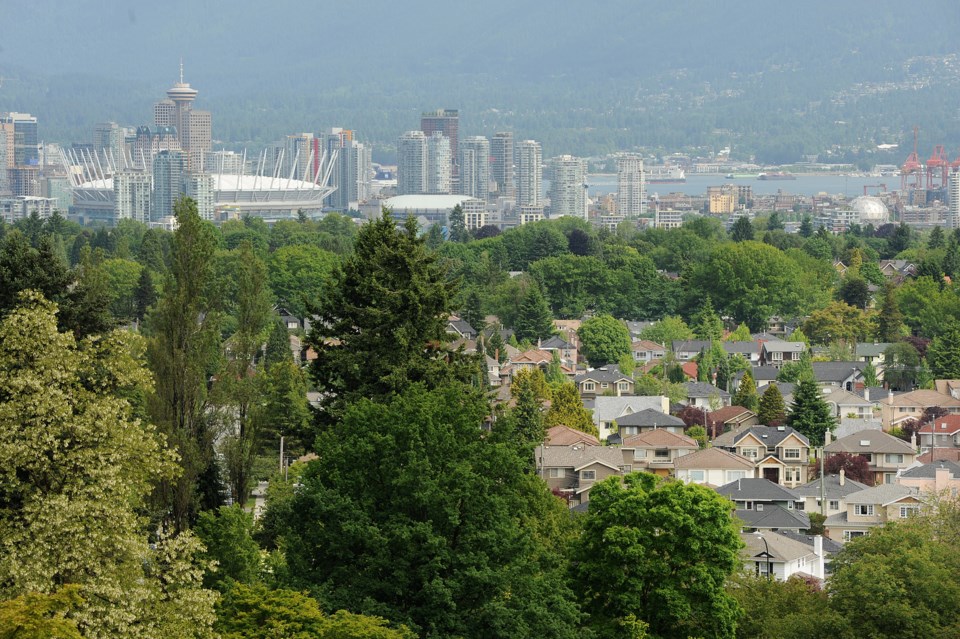More than half — 55 per cent — of respondents to a Â鶹´«Ă˝Ół»Plan survey said their life in the city is getting worse.
That compares to 30 per cent who said their life is staying about the same and 15 per cent who said their life is getting better.
More than 10,000 took part in the survey, which asked participants questions about issues ranging from their hopes and fears for future generations to what they think is the city's most urgent issue.
City staff revealed the findings during a March 11 update to city council about progress on the city-wide plan, which kicked off in November with a “listening phase.”
Mayor Kennedy Stewart acknowledged in a press conference following the council meeting that results pertaining to people’s thoughts on whether life is getting better or worse aren’t surprising given the housing crisis.
“All through the election, it was clear to me that people are totally stressed out about their housing situation, whether they're owners or trying to get into the market for renters. So this reflects, I think, what we've been seeing. Our challenge, as a council, is to come up with remedies,” he said.
“We’ve started with some good but, if anything, this confirms that we're going to have to build more rental housing in the city and especially below-market rental. Also, I was just out on the homeless count last week [and] I think we're going to see in our city, so we need senior governments to come to the table.”
Details about the backgrounds of the 55 per cent, such as where they live in the city, their ages or housing situations, are not yet available, although chief planner Gil Kelley said staff will be looking into it.
“That can be further work to do — to take a deeper dive inside that 55 to see what is causing it but it would not be a surprise at all to see the same reasons that were articulated at a high level across the survey, which are lack of affordability, concern for people struggling with homelessness, concerns around climate change, concerns around mobility and transportation and the preservation of green space,” he said.
“Those things all rose to the top in every conversation, and every group, and they’re reflected in the survey results.”
Public feedback was also generated through community meetings around the city, while “street teams” visited various events such as Lunar New Year celebrations to seek input from . In total, the city received more than 50,000 comments.
Parks, natural spaces and mountain views were among attributes of Â鶹´«Ă˝Ół»people loved and deemed important, along with active transportation options, social connections and well-being, a business-friendly environment that’s innovative and a strong cultural scene.
But they’re worried about unaffordable housing, the high cost of living, climate change, homelessness, traffic, isolation, challenges faced by small businesses and the loss of cultural spaces.
Over the next three to four months, staff will look deeper into the findings and top concerns.
A multi-day “Future We Want” summit is also being planned for May. It’s being designed to attract thousands of participants. As of now, it’s going ahead although it may be postponed over COVID-19 concerns depending how the situation unfolds in coming weeks.
“Community conversation kits,” meanwhile, will be available online and at library branches later this month to help residents host their own discussions about the Â鶹´«Ă˝Ół»Plan.
City staff will report back to council in July on the first phase of the city-wide plan, after which phase two — “envisioning the future”— will start.
@naoibh
Ěý
Ěý
Ěý



